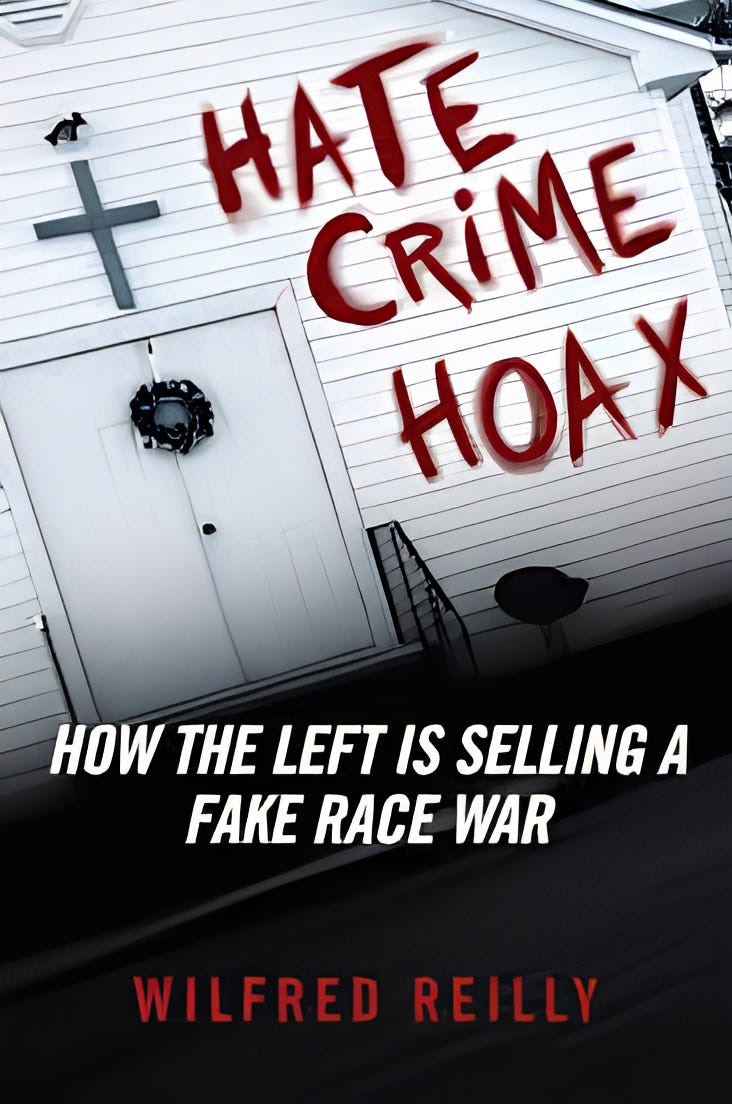That society loses its way in phantasmata and ideological labyrinths may be attributable to the human-all-too-human – but it’s strange in a culture that declares science and objectivity its highest values. In this context, Wilfred Reilly’s work is enlightening in an old-fashioned sense: a political scientist undertakes the task of comparing and contrasting morality trends with the data and finds the results deeply troubling. As in the case of the Black Lives Matter movement, where the data found that incidents of brutal police violence were in the low double-digit range, while the general public was convinced it was an almost endemic behavior that’s been documented thousands of times. Doesn’t this raise several difficult-to-explain questions of cognitive dissonance? How are such contradictions even possible in a society that considers itself enlightened? What does this have to do with our present Attention Economy? How is it possible that a culture of victimization develops in the shadow of the moral economy? All of these questions are touched upon in conversation with Wilfred Reilly.
Wilfred Reilly teaches political science at Kentucky State University, and his books Hoax and Taboo are widely discussed in the American public.
Related Content
Talking to ... Benedict Beckeld
Undoubtedly, the question of oikophobia is a most puzzling social phenomenon. If the 19th-century psychiatrists understood it as the fear of being inside one’s home, the English philosopher Roger Scruton understood it to mean becoming a stranger, no, even more than that: an idiosyncrasy towards one's own culture that can take on ‘
Im Gespräch mit ... Susan Neiman
Dass in der einst von Habermas aufgerufenen neuen Unübersichtlichkeit die Verhältnisse so durcheinander geraten sind, dass die Prophezeiungen der Macbeth-Hexen zum alltäglichen Grundrauschen geworden sind (Fair is foul, and foul is fair), ist ein Umstand, der die Philosophie auf den Plan ruft - in diesem Falle die amerikanische Philosophin S…
Talking to ... Malcom Kyeyune
Occasionally, we must admit we belong to an older generation with worldviews shaped by our specific generational experiences. This, at least, was what crossed my mind while reading the text of a young Swedish writer considering the question of whether our present-day culture wars could be the result of an elite overproduction in the form o…


















